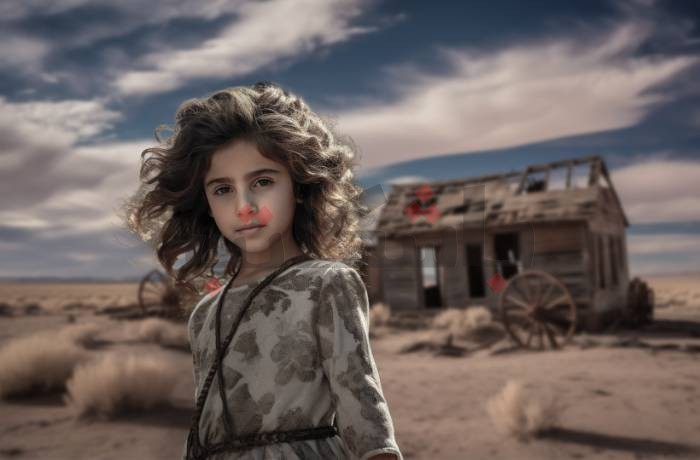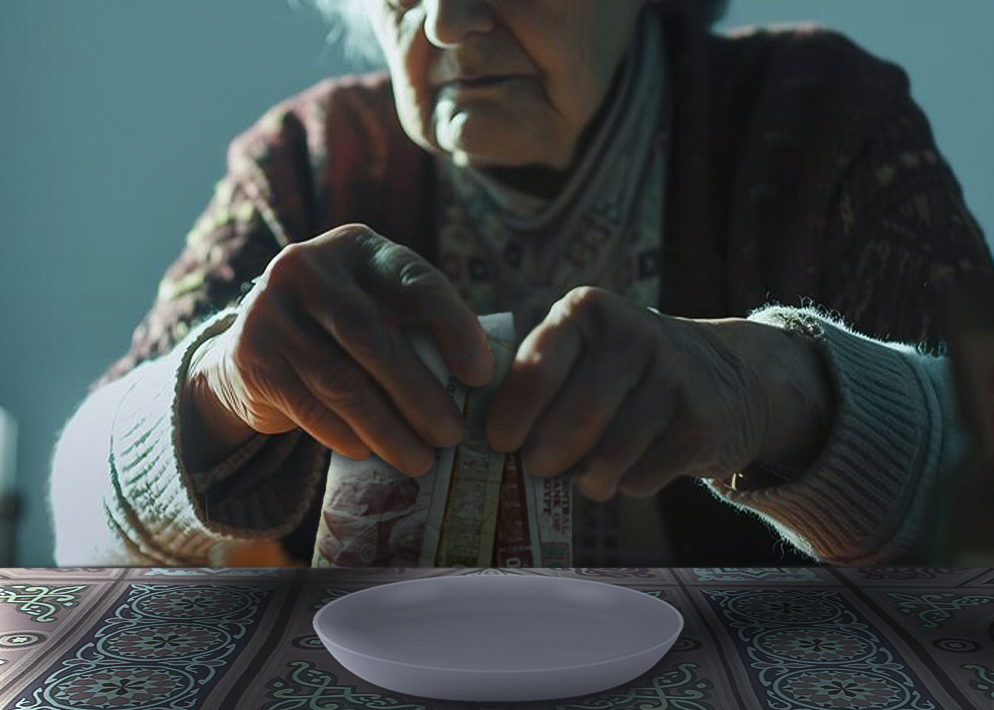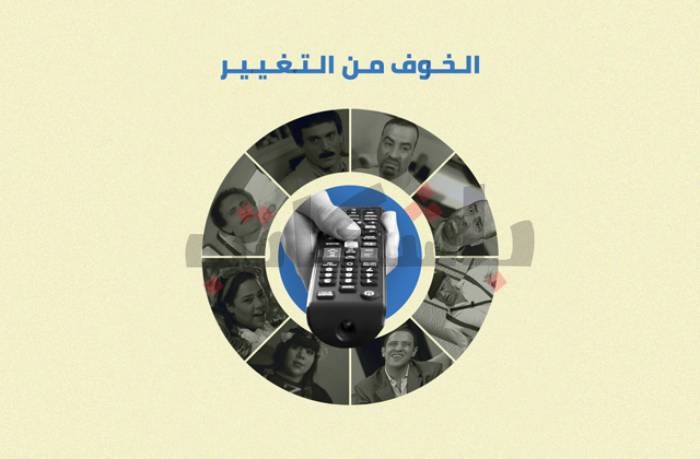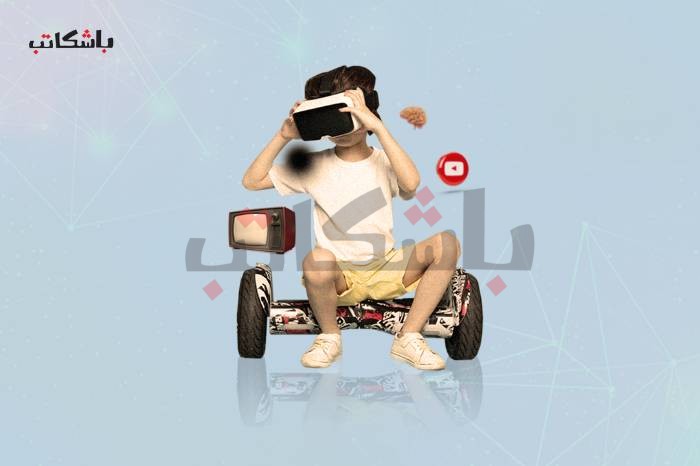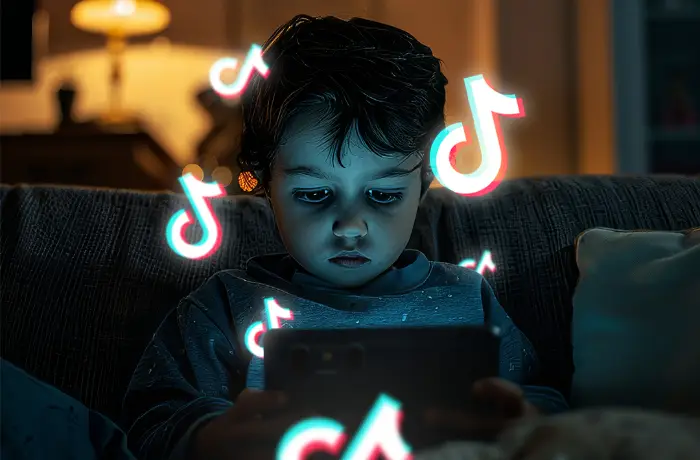I'm used to the daily disagreements between my eight-year-old sister and me at home due to the content she watches during her free time, often broadcasted on children's cartoon channels. She tends to turn to YouTube to watch content created by kids around her age.
My mother's attempts to dissuade my sister from watching this content occupy a significant portion of our daily routine. Even the strategies we employ to monitor what she watches seem ineffective; when our mother gets occupied, my sister reverts to the same content.
Observing this daily conflict passes before me like a reel of memories from my childhood. I compare my own childhood, at 17 years old now, to that of my sister's. I still remember the quality of the programs aired on television, such as the "Children's Sprouts Channel," known for its diverse programs like "Mr. Clever, The Flying Dish, and Nina's Lab."
These differences between my sister and me prompt me to compare our levels of thinking and the knowledge available to each of us. They know things I didn't learn until much later, and I'm sure these comments are common among people my age or older.
I'll never forget the expression on my uncle's face when he asked his daughter the meaning of the word "crash" when she mentioned it at my sister's age. She simply informed him that the academic term she enrolled in was divided into "crashes." I never imagined I'd engage in a conversation about the meaning of that word, something I wouldn't dare mention in front of my parents.
My sister's generation witnesses an era of information accessibility. While it carries many positives, the freely available information isn't filtered for an eight-year-old, exposing them to subjects like marriage, divorce, love, and more. The impact of these topics weighed heavily on me at a younger age; I can only imagine their effect on her.
The pace of life and its workings have accelerated around us. The introduction of the internet and its integration into children's lives is due to parents being preoccupied with life's challenges, leading to exhaustion from the fast-paced life or merely to "ease the mind from stress."
Additionally, the loss of the sense of safety in streets makes many parents fear letting their children play outside or go out without their physical presence. Devices now occupy their time, whether it's their phones, TV screens, or in other cases, laptops.
In my sister's generation, living standards have inflated, and expectations are higher. For instance, a simple outing to clubs is exaggeratedly different from what it was in the past. Clubs are full of electronic games, unlike our time when entertainment meant swings, slides, and simple games. Spaces were vast enough for playing ball or “hide-and-seek."
What we find now is the proliferation of electronic games for a monetary fee, signs reading "Do not touch the green spaces," clubs filled with sweets containing harmful preservatives, and the prevalence of fast-food restaurants. This makes it difficult to control the child and resist their urge to buy these costly foods, burdening families.
All this is contrary to my childhood, where I used to enjoy homemade foods like nuts, popcorn, and homemade cookies. These foods gave me a sense of contentment, unlike today where we see large signs at club entrances stating, "No outside food or drinks allowed."
The outings of my generation were characterized by green spaces with simple benches that served as entertainment for families without being costly. I wonder now, where have these places disappeared to? Meanwhile, mothers nowadays struggle to find a comfortable place for themselves and their children to enjoy outings without inconvenience. These parks have gradually disappeared, giving way to unclear bridge constructions or road expansions.

